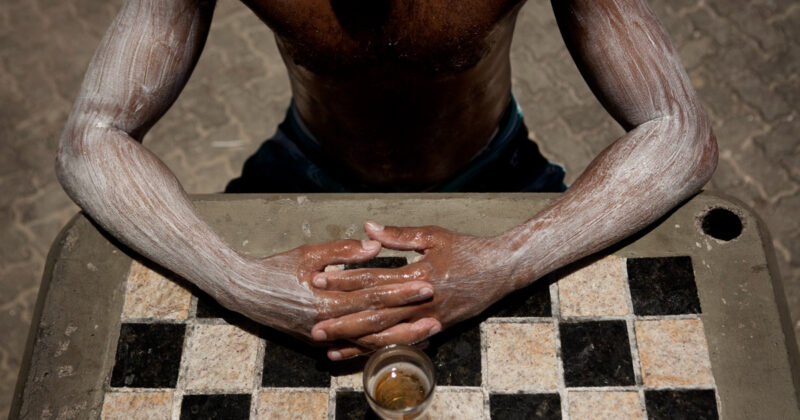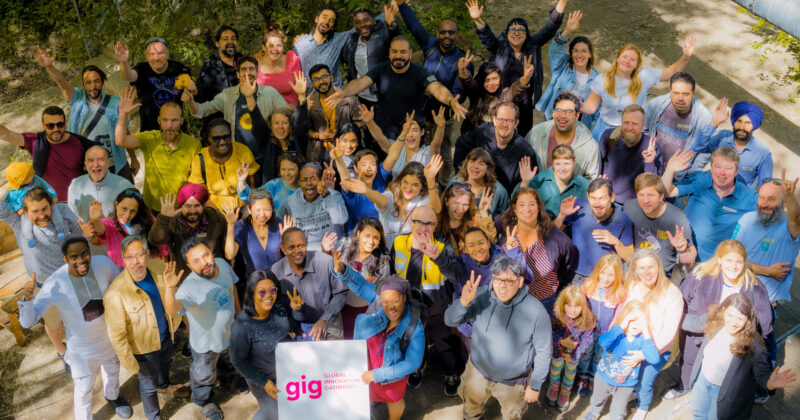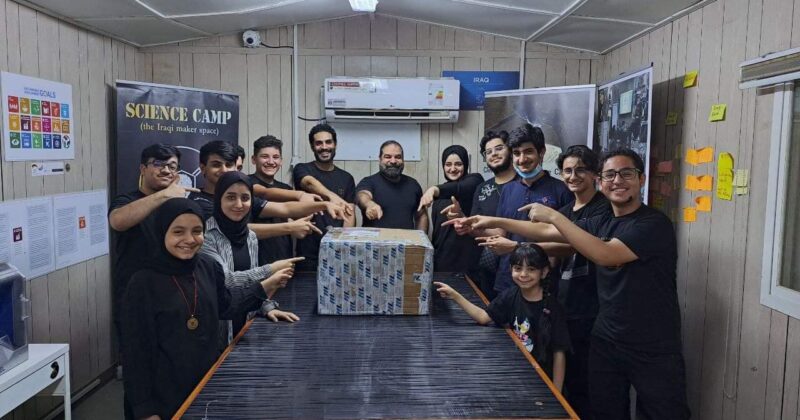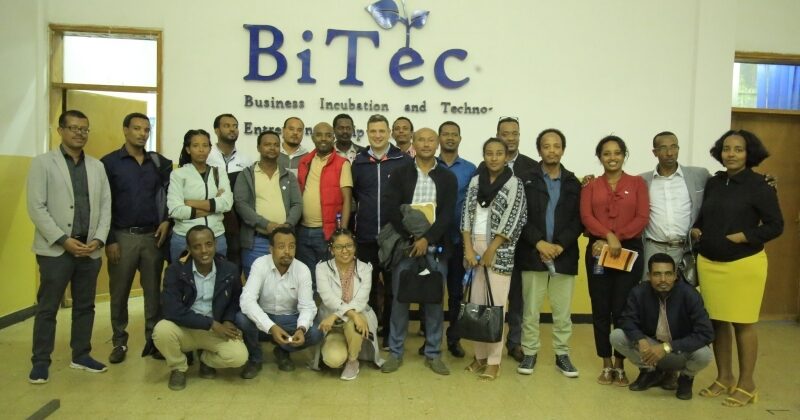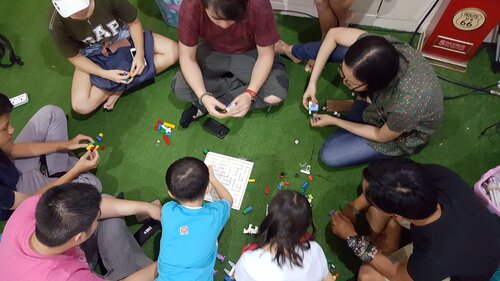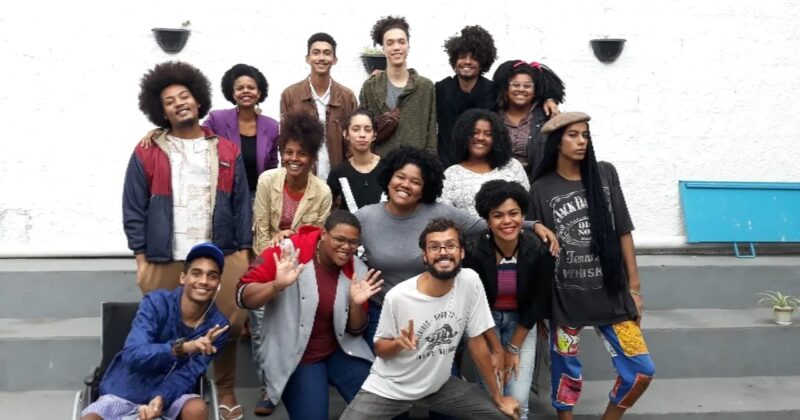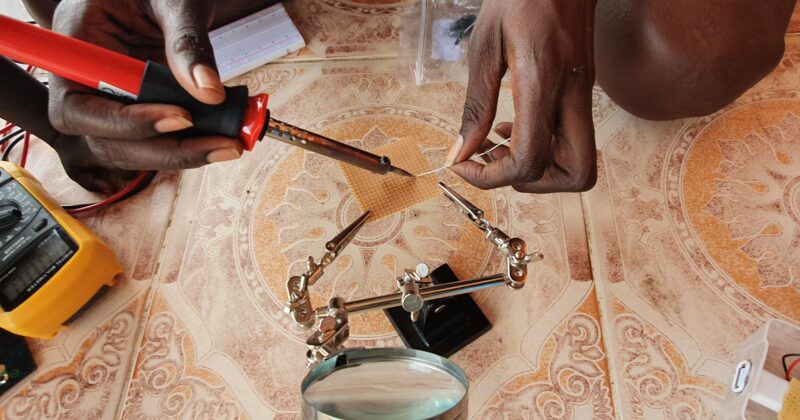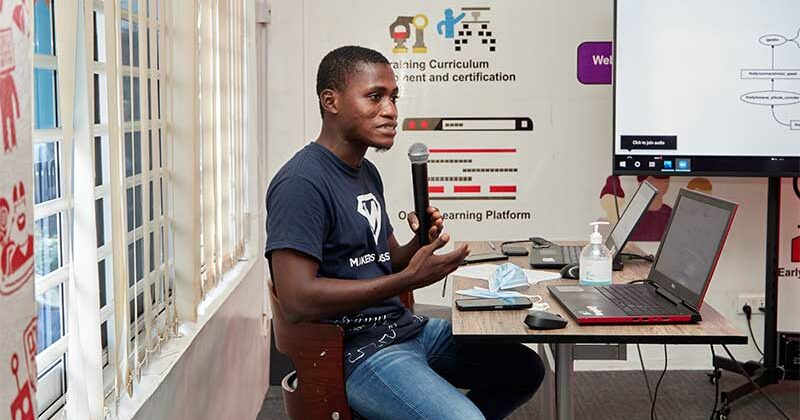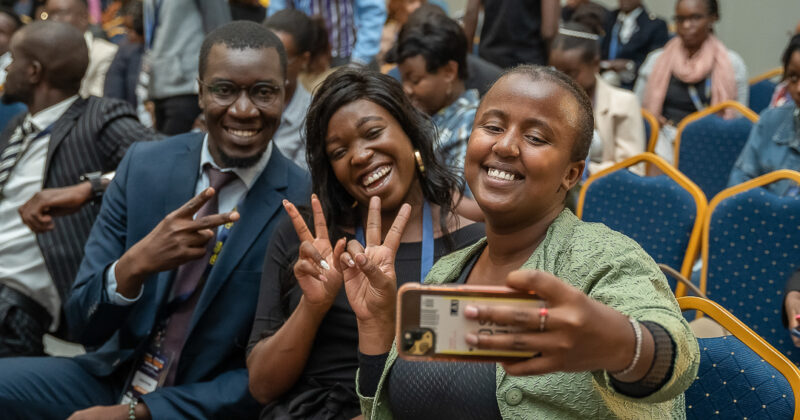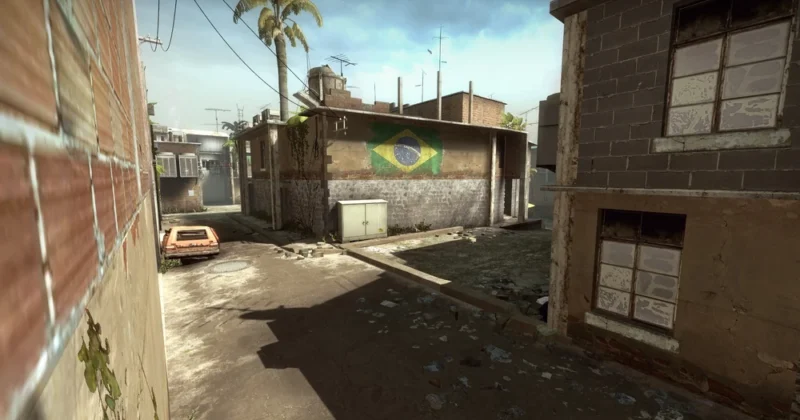
Algorithmic discrimination in Brazil
By Ricardo Ruiz and Felipe Fonseca, originally published at Brigston's Institute Action to Activism research blog.
Digital technologies are increasingly used worldwide to mediate social dynamics, manage access to rights and ensure participation in economic life. However, the way such technologies are created has blind spots, sometimes literally. There is not enough discussion about the extent to which a digital infrastructure embeds discriminatory and racist assumptions when developed and deployed critically.
Racism is a pervasive and complex problem. Even though it appears in very diverse forms in different societies, its effects are felt by populations everywhere. The public discussion about the topic can benefit from innovative and engaging ways to make visible the intricate tension between ethnicity, class, economy and power.
These questions motivated the creation of a co-design lab in partnership between the University of Bristol, Berlin-based Global Innovation Gathering and other collaborators. The lab focuses on algorithmic discrimination in Brazil, following a series of previous collaborations. It is part of the...

